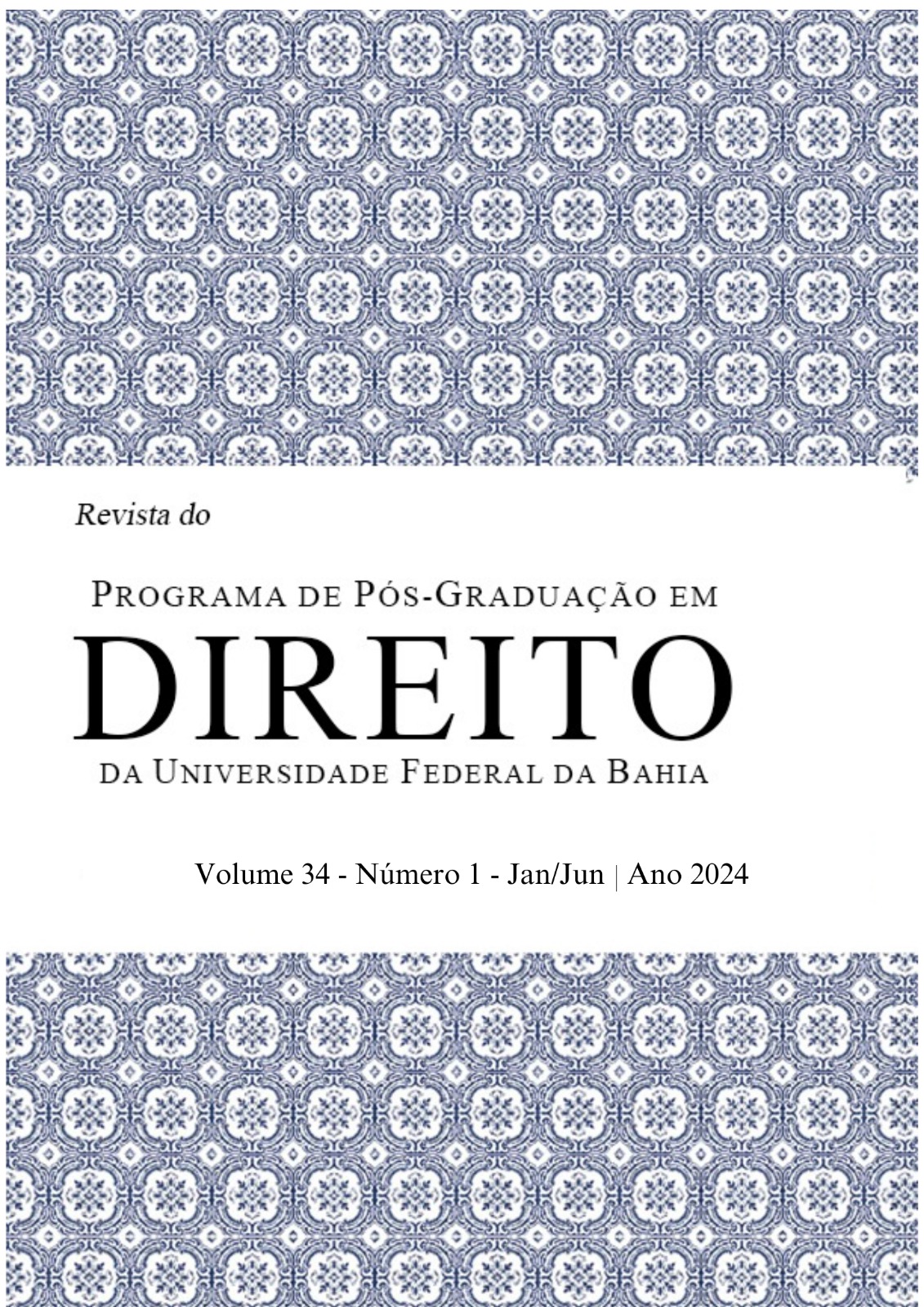ANOMALIES AND CHALLENGES OF INCOME TAXATION AND ITS EFFECTS ON INEQUALITY IN BRAZIL
DOI:
https://doi.org/10.9771/rppgd.v34i0.58990Keywords:
Key words: Taxation. IRPF. Progressivity. InequalityAbstract
This article seeks to analyze taxation on individual income in Brazil, its anomalies and challenges, in addition to projecting its use as an instrument to reduce economic-social inequalities and poverty. To this end, the investigation seeks to identify problems in the Brazilian tax structure on income, such as soft marginal rates and unjustifiable tax benefits, which contradict CF/88, and tries to point out some changes in this structure to achieve constitutional objectives and purposes. The research uses data made available by the Federal Revenue Service on the taxation of individuals and the review of specialized literature on the subject as a working method. It was found 1) that low progressivity and the granting of various tax benefits have produced extremely regressive effects, which contribute to accentuating inequality and the concentration of wealth among the wealthiest. Furthermore, 2) the implementation of some changes (such as increased rates, revocation of the total exemption on the distribution of dividends and other tax benefits), can return relative progressivity to the IRPF, also serving as a tool to reduce inequalities and remove people from extreme poverty
Downloads
Downloads
Published
How to Cite
Issue
Section
License
Copyright (c) 2024 Revista do Programa de Pós-Graduação em Direito

This work is licensed under a Creative Commons Attribution-NonCommercial-NoDerivatives 4.0 International License.
1. Autores mantém os direitos autorais e concedem à revista o direito de primeira publicação, com o trabalho simultaneamente licenciado sob a Licença Creative Commons Atribuição 4.0 Internacional que permite o compartilhamentodo trabalho com reconhecimento da autoria e publicação inicial nesta revista.
2. Autores têm autorização para assumir contratos adicionais separadamente, para distribuição não-exclusiva da versão do trabalho publicada nesta revista (ex.: publicar em repositório institucional ou como capítulo de livro), com reconhecimento de autoria e publicação inicial nesta revista.
3. Autores têm permissão e são estimulados a publicar e distribuir seu trabalho online (ex.: em repositórios institucionais ou na sua página pessoal) a qualquer ponto antes ou durante o processo editorial, já que isso pode gerar alterações produtivas, bem como aumentar o impacto e a citação do trabalho publicado

